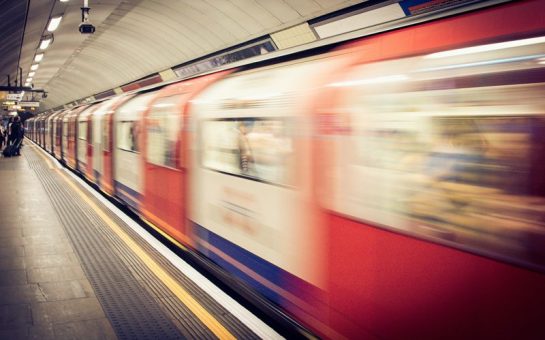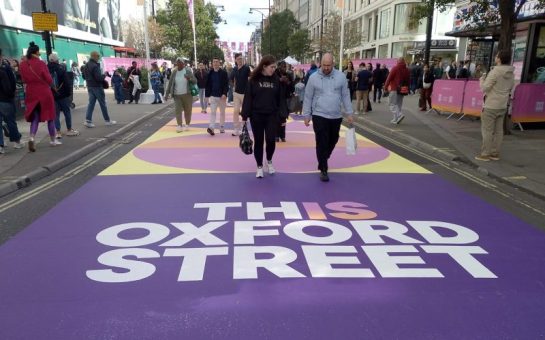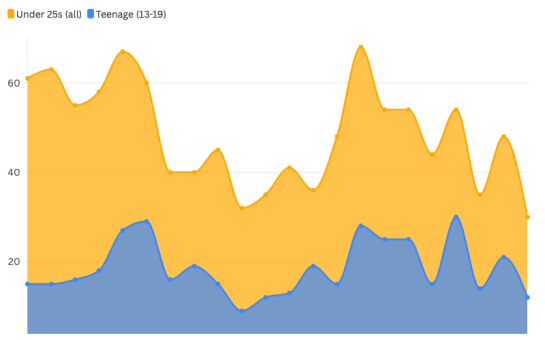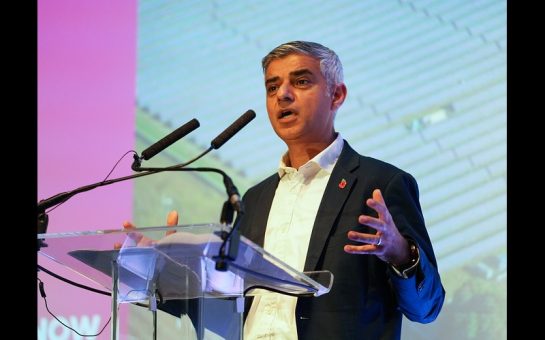London Mayor Sadiq Khan has moved to change drug laws in the capital, with a pilot scheme that means young people will avoid prosecution if caught with a small amount of the substance.
Instead, authorities will instruct 18 to 24-year-olds to take a drugs awareness course to improve education and understanding of Class B drugs.
New approach
The scheme is a new approach from Khan, who is no stranger to inventive ideas when it comes to tackling destructive habits and addiction.
Last April he pledged to ban betting advertisements on the London Underground after a rise in problem gambling during the pandemic.
Back then, a manifesto pledged to tackle gambling addiction that ‘destroys lives and families’.
Regarding Class B drugs, however, Khan clearly believes that strict action is counterproductive.
The measure comes after London police faced heavy criticism for drug testing people on a night out during the festive break. Officers took swabs from party-goers’ hands and did random searches.
Although the action was said to be voluntary, many social media users question its legality, saying it infringed on civil liberties and was another example of heavy-handed policing.
A spokesman for the mayor stressed that authorities cannot simply ‘arrest their way out of the problem’.
Stats back this up: a recent report from the Ministry of Justice found that around a quarter of UK drug offenders reoffended within a year.
Giving youngsters through the criminal justice system demoralises many, and often pushes them to commit further crimes.
Instead, according to the mayor, the new scheme will aim to provide young people with support and education, and ‘divert them away from drug use and crime for good’.
The pilot will cover city boroughs with high conviction rates in this area, Lewisham, Bexley, and Greenwich, before extending the policy across the capital, if successful.
Criticism
When news of the new policy came to light, media sources were quick to jump on it.
The Daily Telegraph reported that the mayor wanted to extend the scheme to cover all Class B drugs, including speed and ketamine, while other even said that he was aiming to decriminalise all drugs across the capital.
Members of the Conservative party, too, opposed the proposals fearing that Khan’s soft stance would lead to further relaxation of drug laws.
Mr. Khan’s spokesperson denied this, however, saying the policy would only apply to small amounts of cannabis.
On the opposite side of the spectrum, the mayor was also told that the scheme doesn’t go far enough; that in fact, there are already policies in place that encourage police not to hand out criminal records for cannabis possession.
Professor Alex Stevens, professor of criminal justice at the University of Kent, called on the mayor to do more.
He referred to research from various health authorities that concludes that there is very little evidence that decriminalisation leads to further crime.
The professor has previously called for ‘de-facto decriminalisation’ in London, where the mayor would work with the police commissioner to introduce a new programme of ‘diversion’ across the city.
Either way, the mayor is treading a dividing line between two factions, and risks upsetting many people with the new proposals.
Drug decriminalisation in other places
Sadiq Khan’s new policy may be attracting criticism, but it pales into comparison to measures in other countries.
Apart from the traditional marijuana meccas in Amsterdam and Colorado, several US states, including South Dakota and New Jersey, moved to legalise the drug last year.
The measures have been a success with US citizens, the majority of whom believe that marijuana should be legal for recreational use.
Going several steps further, Oregon recently decriminalized all drugs, with capital Portland living up to its reputation as a progressive city when it comes to recreational drugs.
That said, adults are only allowed to carry an ounce of cannabis at a time, including tourists.
Cities around the globe, including Montevideo and Vancouver, also adopt a cannabis-friendly approach which makes Sadiq Khan’s new policy look tame.
Greater drug awareness and education appear to be at the centre these approaches, meaning convicted drug users are often more likely to see a counsellor than a police officer in many parts of the world.
London appears to be caught between two ideologies – the traditional and the progressive – and the mayor’s challenge is to bridge that divide.
Photo by Thought Catalog on Unsplash





Join the discussion